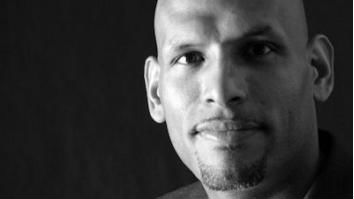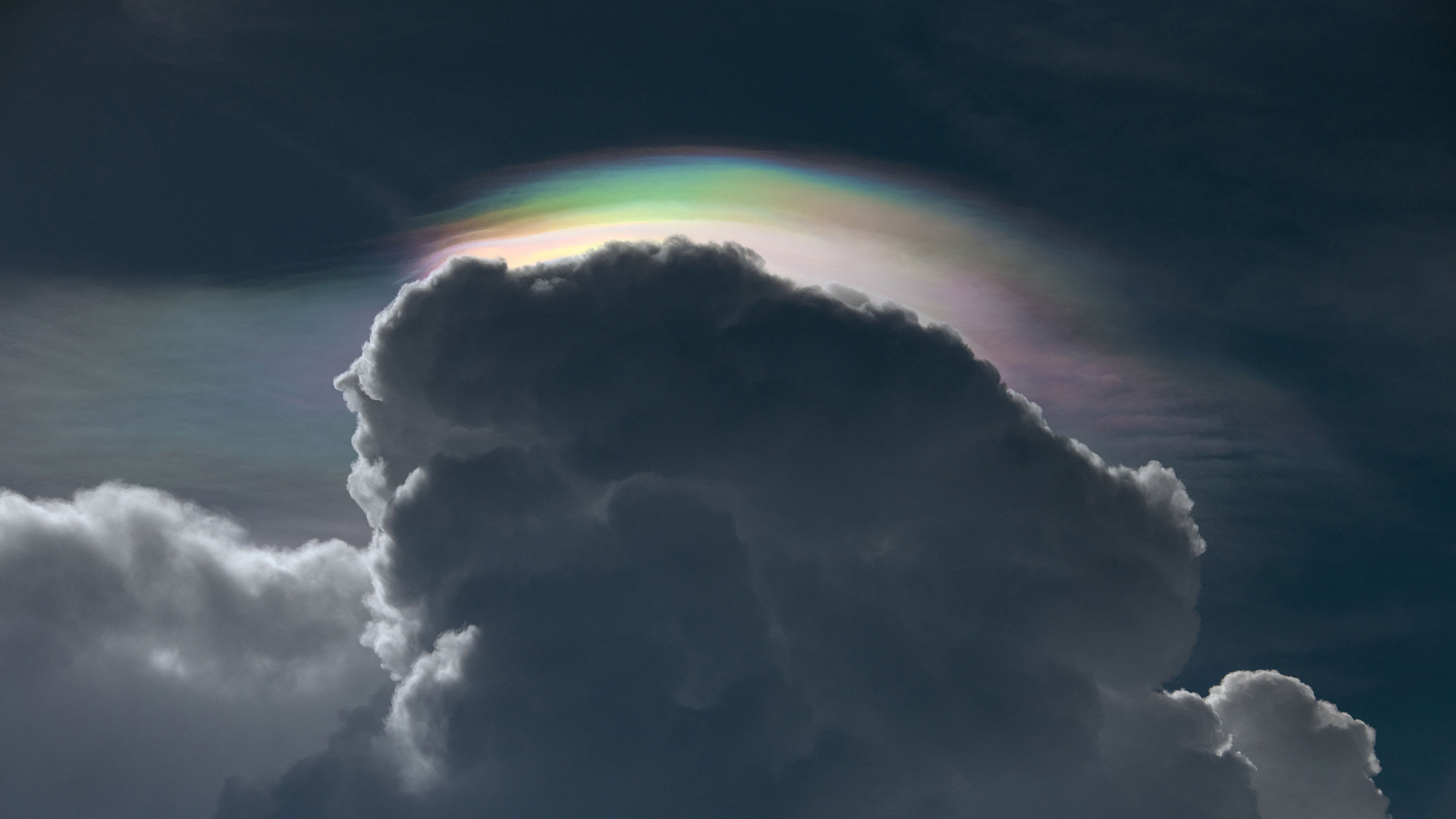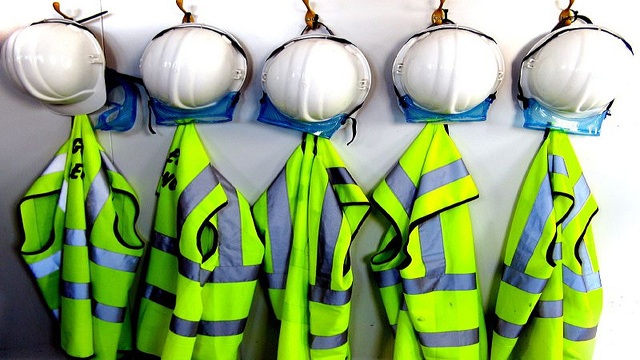John Amaechi: Basketballer, Psychologist, Jedi?

Ever since he came out to the public in February 2007, former NBA player John Amaechi says he has been “that big gay guy.” But there is much more to the 6’10” former center than that. Aside from being the only openly gay NBA player, past or present, he is also one of the very few with a Ph.D.—after eight years in the big leagues, he returned to academics to pursue a degree in psychology.
In his Big Think interview, Amaechi told us that his inspiration for being a psychologist came from his mother, who was a doctor in the U.K. Seven-year-old Amaechi would tag along with his mother during house calls, where he witnessed her ability to calm even the most anxious patients and relatives. This being 1977, the year “Star Wars” came out, he thought his mother must be a Jedi. “I grew up thinking the best job in the world would be a Jedi, and being a psychologist is the closest thing I could get,” he says.
And Amechi didn’t make it to the pros or to his doctoral degree without a lot of strategizing as a child, especially since he was not naturally athletic. He spoke to us about the plan he created as a child to help him accomplish his dreams. “You can’t get anywhere if you don’t know where you are now, so for me when I started off it was a question of looking at myself and saying yes, I’m fat. I’m a fat 17 year-old in England. I’m a nerd. I like to sit in the library. I don’t like to sweat and yet at the same time I’ve been captivated by the idea of being on a basketball court and being surrounded by people who made me look a little bit less like a freak.” Having a pragmatic assessment of himself is what helped create a plan that was rigorous but also realistic and flexible. Great plans, he says, “allow you to revise your position and yet still stay on the ladder.”
Though Amaechi came out publicly in 2007, he had been open to his friends and family for over a decade before that. He spoke candidly with us about this experience, which he said was “lovely’ but also disappointing in a way: “my best friend said that he had known since I was 16, which I was really mad about because I was like why didn’t you tell me, why didn’t you tell me when I was 16.” His sister’s response was also not what he expected: “I’ve always thought of you as asexual.” she told him.
Asked if gay celebrities have a responsibility to come out, Amaechi replies, “Coming out is something that you do for people who really deserve it. It shouldn’t be something that you just tell random strangers…unless you’re trying to make a political point, which I think is what I was trying to do.” But he has no illusions that his coming out will single-handedly defeat homophobia in professional sports or in society in general. Professional athletes and film stars will come out when society is more accepting, not vice versa. It “will be a consequence of a positive change in society, not a precursor,” he says.
But Amaechi, who was recently refused entry to a gay bar in Manchester, said that there is intolerance even within the gay community. “We are falling foul of our own stereotypes within the LGBT community; the idea that you can tell what gay is by looking at it is really pervasive.” And the same goes for black identity.”We need to get past the point where being black and a male means that I am likely to mug you for your wallet, likely to have a minus 15 on my IQ, likely to not go to college and likely to wear my pants below my ass,” he says. “I mean there is more nuance to what it is to be black. I think if we got to that point perhaps we would see the conflicts between black, what it is to be black and what it is to be gay within individuals as well as in communities dissipate.”





